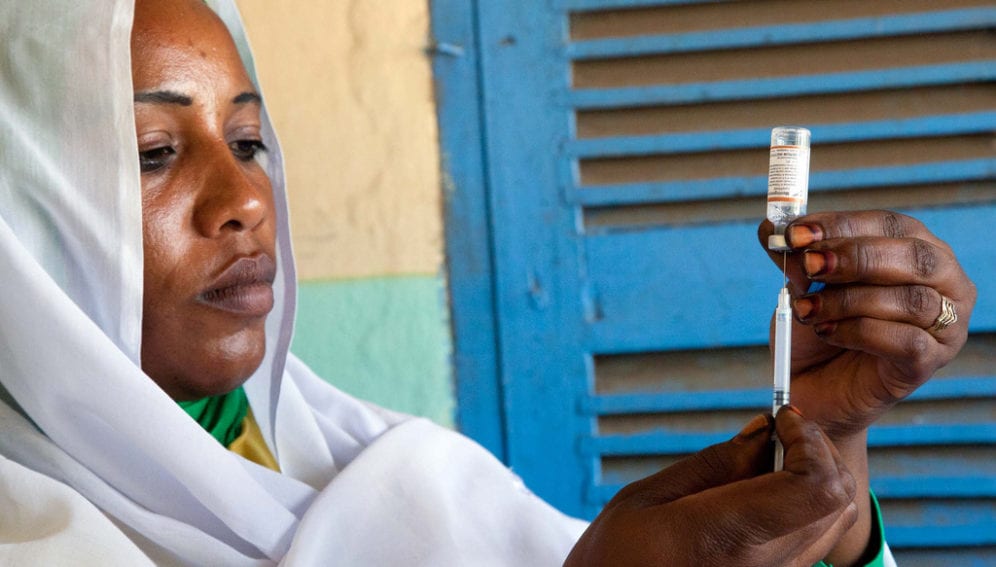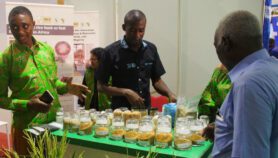By: Pablo Correa
Send to a friend
The details you provide on this page will not be used to send unsolicited email, and will not be sold to a 3rd party. See privacy policy.
[BOGOTA] A WHO expert committee is meeting in Geneva this week (3-5 December) to narrow down a shortlist of 24 research proposals from across the world that aim to tackle diseases that disproportionately affect poor countries.
The WHO Executive Board and World Health Assembly will then choose the best demonstration projects at their meetings in January and May 2014 respectively.
The initiative follows a resolution adopted in May at the WHO World Health Assembly. It requested that the WHO director-general consult relevant parties to identify projects for developing health technologies for diseases in which there are gaps in research because of market failures.
The idea is that the selected projects will find new ways to develop drugs, diagnostics or other health technologies.
The 24 proposals come from the six WHO regions, each of which held an expert meeting to identify four priority projects for their own area.
“Around 80 per cent of overall drug research is done in developed countries according to their priorities. So the critical problems of other countries are underrepresented.”
Fernando Ruiz, Colombia’s deputy health minister
Representatives from 19 countries in the Americas met in October in Washington DC, United States, to choose the best research and development proposals from their region, based on the proposals' technical and scientific details.
Civil society, academia and research centres, and private sector and nongovernmental public health organisations in the region submitted a total of 29 proposals among them.
The four selected projects were: the development of a vaccine against schistosomiasis; the creation of a diagnostic test for fever or sepsis; the coordination of research into the treatment and control of Chagas disease based on open knowledge and innovation principles; and the improvement of chemotherapy for cutaneous leishmaniasis.
According to the Drugs for Neglected Diseases Initiative, neglected tropical diseases continue to cause high rates of illness and death in developing countries. It estimates that, of more than 1,550 new drugs approved between 1975 and 2004, only 21 (1.3 per cent) were for tropical diseases and tuberculosis, even though they represent 11 per cent of the disease burden around the world.
Fernando Ruiz, Colombia’s deputy health minister, tells SciDev.Net that he hopes the WHO initiative will help to narrow this gap.
“Around 80 per cent of overall drug research is done in developed countries according to their priorities. So the critical problems of other countries are underrepresented,” he says.
Yet examples such as ‘kangaroo mother care’, in which newborns are held skin-to-skin with an adult, began in Colombia and proved to be successful in reducing newborn deaths at low cost. This shows that the region can generate its own technologies and strategies, says Ruiz.














